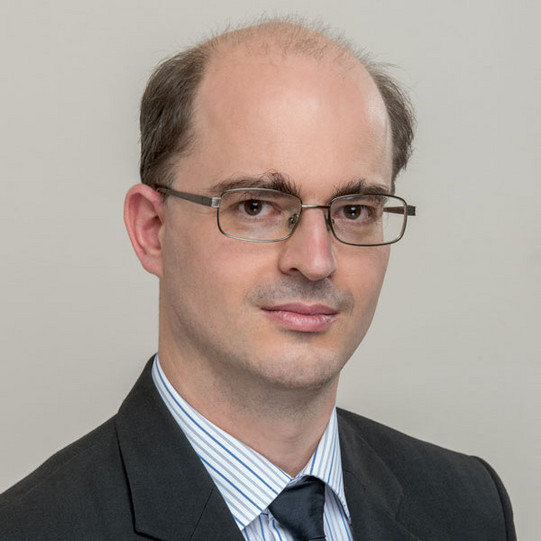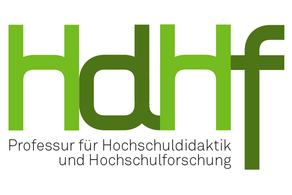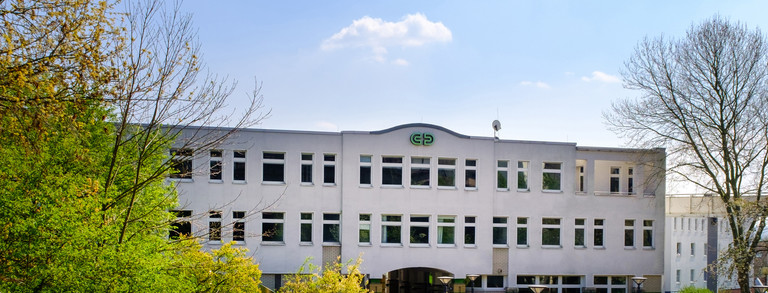Dr. Gergely Kováts

Current Challenges of Academic Freedom and University Autonomy. From West to East with a special focus on the new Hungarian university governance model
Date: Wednesday, 29 November 2023
Time: 4.00–5.30 p.m. (CET)
Venue: Vogelpothsweg 78 (CDI building), room 114 | Online via Zoom (hybrid event)
Academic freedom has become a sensitive issue worldwide in the last two decades: East and West, in advanced democracies and dictatorships alike. While in liberal democracies academic freedom is usually constrained by academic capitalism and different forms of political correctness (e.g. see the abundance of discussions about free speech, trigger warnings, safe spaces, no platforming), in authoritarian states, the primary constraint is political repression. However, illiberal states and other hybrid regimes, such as Hungary, are in a peculiar ‘in-between’ situation leading to a question: what is academic freedom like in these countries? What kind of higher education and science policy characterizes a country whose leadership is building an illiberal state?
In this presentation, I will discuss the concept of academic freedom (using the so-called onion model), including its relation to institutional autonomy, the dilemmas related to its operationalisation and the typical threats to academic freedom. As a case study, I will show how academic freedom has changed in the illiberal regime of Hungary and how these changes have been linked to university governance reforms.
The presentation is based on research conducted together with Zoltán Rónay (Faculty of Pedagogy and Psychology, Eötvös Loránd University, Budapest, Hungary).
Gergely Kováts, PhD, is an associate professor at the Institute of Strategy and Management (Corvinus University of Budapest) and the executive director of the Center for International Higher Education Research (also at the Corvinus University of Budapest). He earned his master’s degree at the Budapest University of Economic Sciences and Public Administration (Hungary) and at the Institute of Education, University of London (UK). His PhD is from the Corvinus University of Budapest.
He served in the university administration from 2006 to 2020 in quality development, where he was involved in conducting satisfaction and student evaluation surveys, accreditation processes, developing management information systems and institutional strategy. He is still active in developing accreditation mechanisms and participating in site visits supervised by the Hungarian Accreditation Committee and international accreditation agencies. As a researcher, his main fields of interest are higher education management and governance, higher education policy and academic freedom. His teaching portfolio also includes organizational theory and public management.
Higher Education Research Colloquium
Center for Higher Education (zhb)
Professorship of Higher Education





